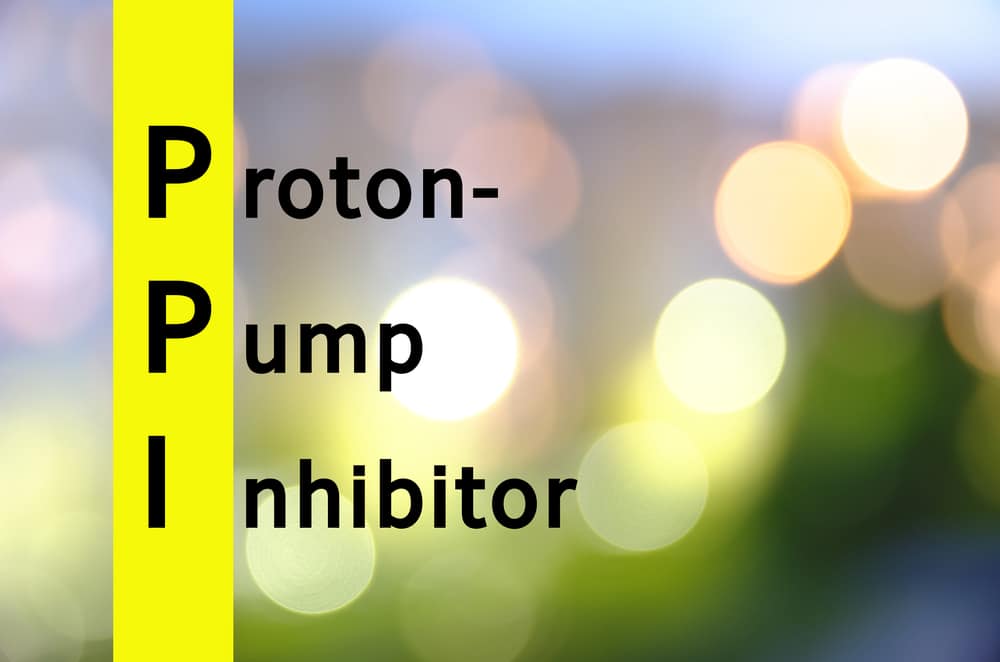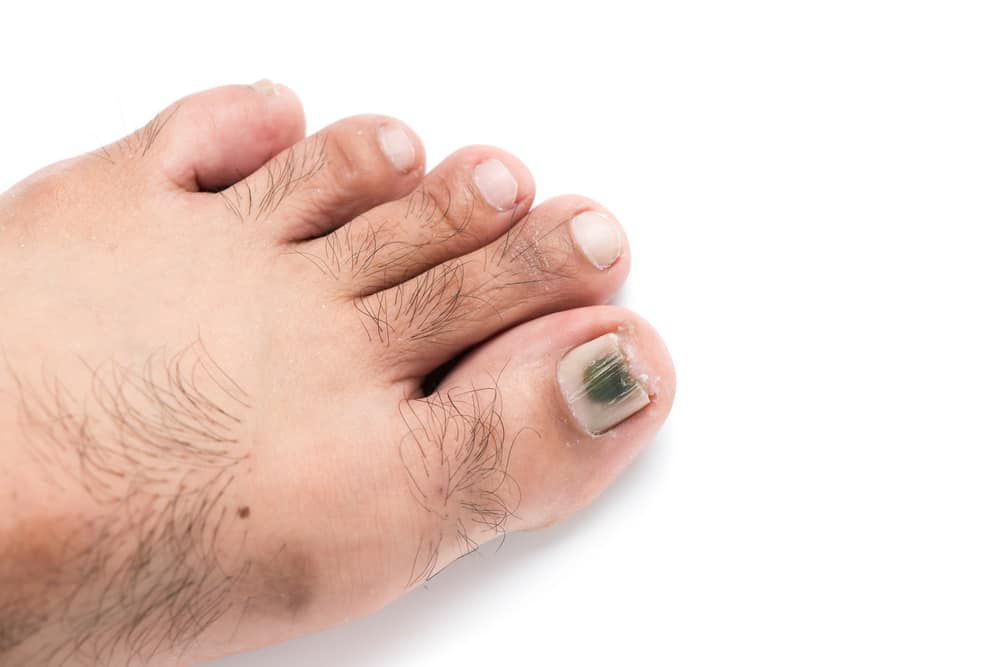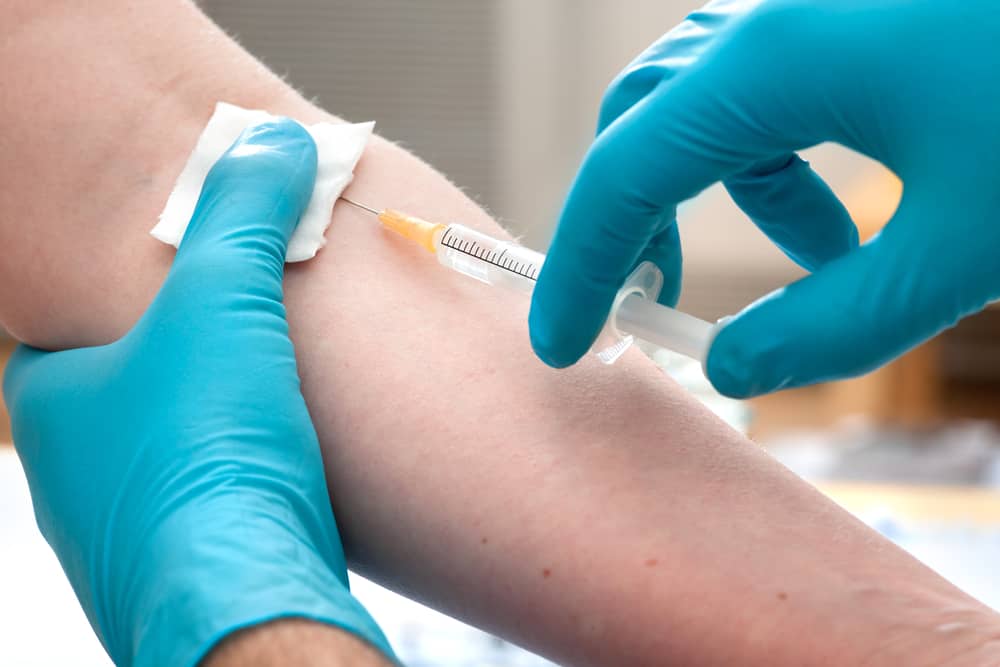Contents:
- Medical Video: Proton Pump Inhibitors (PPIS)
- Omeprazole, the first type of ulcer drug PPI
- How does the proton pump inhibitor work?
- "True friend" for antibiotics to eradicate Helitobacter pylori
- Other uses for PPI drugs in addition to ulcers
- Many new -prazole drugs are being developed
- No version of omeprazole is sold without prescription in Indonesia
- Side effects of PPI ulcer drugs
Medical Video: Proton Pump Inhibitors (PPIS)
Proton pump inhibitors or proton pump inhibitor (PPI) is a class of ulcer drugs used to reduce stomach acid. There are at least five types of drugs included in this group, namely omeprazole, lansoprazole, rabeprazole, pantoprazole, and esomeprazole. What do you need to know about this PPI drug?
Omeprazole, the first type of ulcer drug PPI
Omeprazole is the first drug approved for clinical use in Europe in Europe and the next two years are approved for use in the United States. Omeprazole with the brand Losec or Prisolec quickly rivaled the popularity of the drug H2 receptor antagonist (cimetidine, ranitidine) in dealing with gastric acid-related disorders.
In 1996, Losec became the best-selling drug in the world, and in 2004 more than 800 million patients worldwide were treated with this drug.
How does the proton pump inhibitor work?
Medication for ulcer types of PPI works by inhibiting the acid pump so that stomach acid cannot be released into the gastric lumen, and significantly reduces stomach acid production.
This ulcer medication works to relieve symptoms of acid reflux or GERD (gastroesophageal reflux disease), treat gastric and intestinal ulcers (peptic ulcer disease, wounds to the gastric and intestinal mucosa), and treat lower esophageal damage caused by acid reflux.
"True friend" for antibiotics to eradicate Helitobacter pylori
In 1982, Australian scientists discovered bacteria H. pylori which later became known as one of the triggers of gastric ulcer disease. Some combinations of drugs containing antibiotics and PPI have successfully eradicated H. pylori. One example is a combination drugPPI, amoxicillin and clarithromycin. This combination of drugs has a high effectiveness of up to 80% to eradicate bacteria H. pylori.
Other uses for PPI drugs in addition to ulcers
Besides being used to treat gastric acid reflux, proton pump inhibitors are also sometimes used outside of the indications written on the drug label, for example:
- treatment and prevention of ulcers caused by NSAID drugs.
- in Zollinger-Ellison syndrome, PPI is needed after the diagnosis is made and during tumor localization
- as a treatment for treatment of recurrent GERD especially in level II and III esophagitis
- as a treatment for GERD complications, namely esophageal strictures, Barrett's esophagus, and extraesophageal symptoms or non-cardiac chest pain.
Many new -prazole drugs are being developed
Omeprazole's success story does not make competitors stay silent. A series of new PPI drugs were developed by different pharmaceutical industries, namely lansoprazol (marketed in Europe 1991, America 1995), pantoprazole (German market entry 1994), rabeprazole (marketed in America in 1999), esomeprazole (di-launching in America in 2001), and dexlansoprazol (in 2009).
Of those prazoles, is there one better than the other? In 2003 the results of a meta-analysis study were published to compare PPI members. The result is no significant difference between PPI members for the treatment of GERD, PUD, and eradication H. pylori.
Esomeprazole is slightly superior to omeprazole, this is because esomeprazole is only using its active form, while omeprazole uses an active and inactive mixture.
No version of omeprazole is sold without prescription in Indonesia
Omeprazole in the form of over-the-counter drugs has never been approved in Indonesia. In many countries, magnesium omeprazole can be purchased freely without having to use a doctor's prescription. However, maximum written usage for the package is 14 days and only for indication heartburn (gastric pains).
Side effects of PPI ulcer drugs
It could be said that PPI is an ulcer drug that is very well tolerated and safe, but as safe as a drug, there must be an unwanted effect. Bhowever, stomach acid has benefits for the body, so if the production is suppressed, this can make it easier for bacteria to develop in between Clostridium difficile which causes diarrhea. Some pathogens can colonize the upper digestive tract and trigger pneumonia.
Long-term use of PPIs can also interfere with the absorption of some nutrients such as magnesium, calcium,vitamin B12, and iron.As the use is often and tends to be excessive, a group of experts recently issued new rules concerning restrictions on the use of PPIs.












